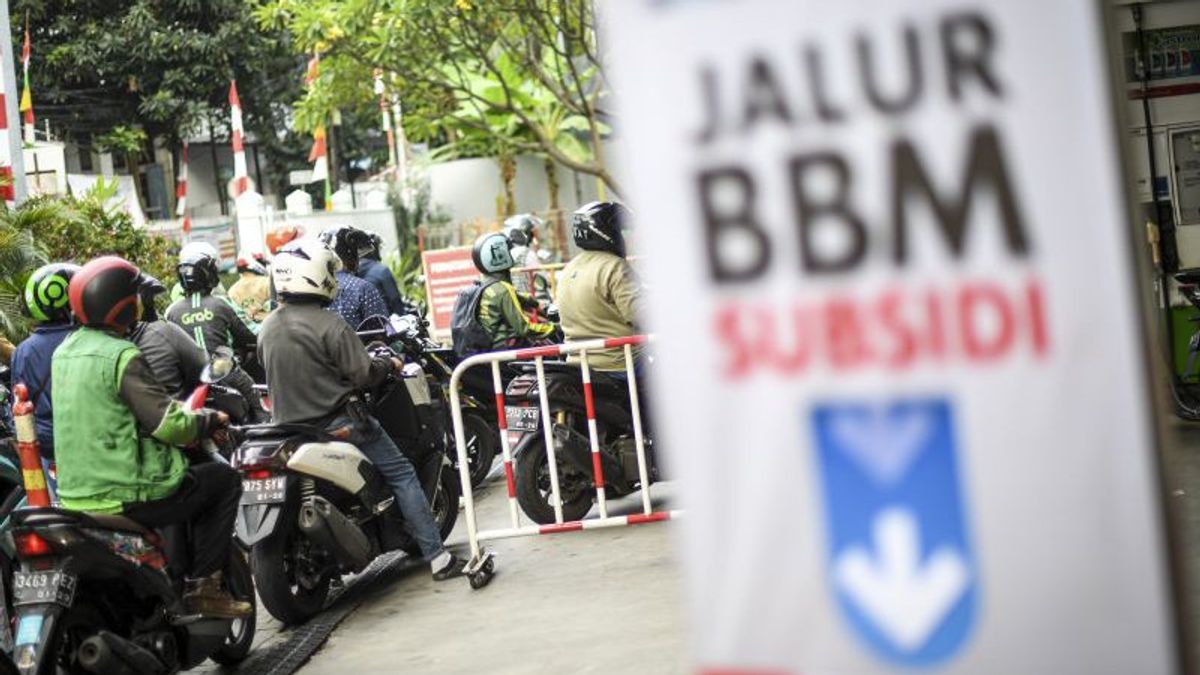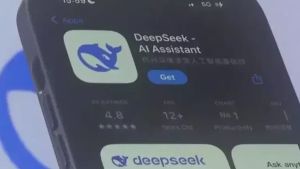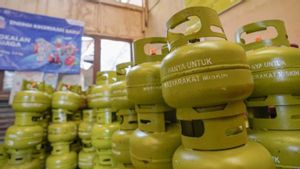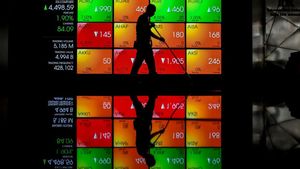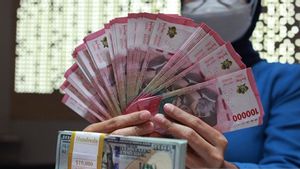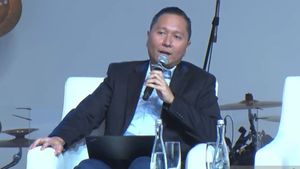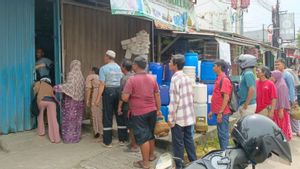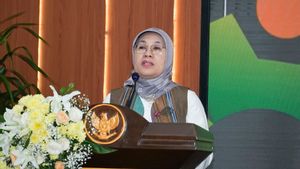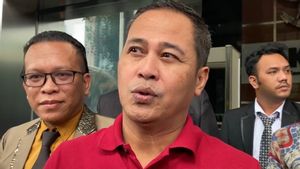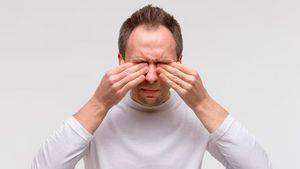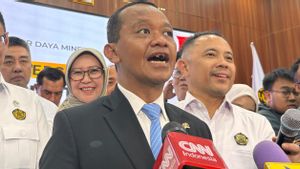JAKARTA - Institute for Development of Economics and Finance (INDEF) economist Abra Taltov assesses that the discourse on limiting the purchase of fuel oil (BBM) based on the cubic centimeter (CC) or the criteria for four-wheeled vehicles is considered to still have a leak gap.
"In our opinion, there is still a leak gap or it can exceed the target. There can be room for consumers to outsmart the system that has been created by the government," he told reporters quoted on Saturday, January 14.
Abra suggested that the government should implement a Cash Direct Assistance (BLT) system so that only people who are entitled to receive subsidies can receive subsidies.
"In our opinion, since the beginning of the pandemic, we have proposed subsidies directly to individuals or households. We go directly to RT based on the capabilities of the community," he said.
Abra admitted, this scheme is indeed complicated and complex when preparing recipient data, but this can be a moment of improving subsidy policies for other sectors such as food, education, health and so on because it can refer to the same area.
Furthermore, Abra said, the majority of Pertalite's current fuel consumers are four-wheeled vehicles or as much as 70 percent with daily consumption reaching 38,000 kiloliters (KL).
Meanwhile, Member of the Committee for the Downstream Oil and Gas Regulatory Agency (BPH Migas) Saleh Abdurahman revealed that his party continues to strive so that subsidized fuel oil (BBM) can be right on target through the digital system.
Saleh explained that currently BPH oil and gas has several rules related to the allocation of subsidized fuel use but there are still many violations in the field.
For example, the Decree of the Head of BPH Migas No. 04 of 2020 concerning Controlling the Distribution of Certain type of fuel oil by Business Entities Implementing Assignments on Transportation User Consumers of Motorized Vehicles for Transportation People or Goods that mention private Vehicles receive a maximum of 60 liters per day, public transportation of people or 4-wheeled goods gets a maximum of 80 liters per day, while public transportation of goods or 6-wheeled goods or more than 200 liters per day.
"Currently it's running, but there are frequent abuses because people can fill in many times. Today is 60, afternoon contains another 60. The system is beum connected in our digital system," Saleh said at the Energy Corner, Monday, January 9.
He said, later with the right subsidy program carried out by Pertamina, vehicle owners can only fill up fuel according to the predetermined quota so that they can suppress the potential for fuel misuse.
The English, Chinese, Japanese, Arabic, and French versions are automatically generated by the AI. So there may still be inaccuracies in translating, please always see Indonesian as our main language. (system supported by DigitalSiber.id)
